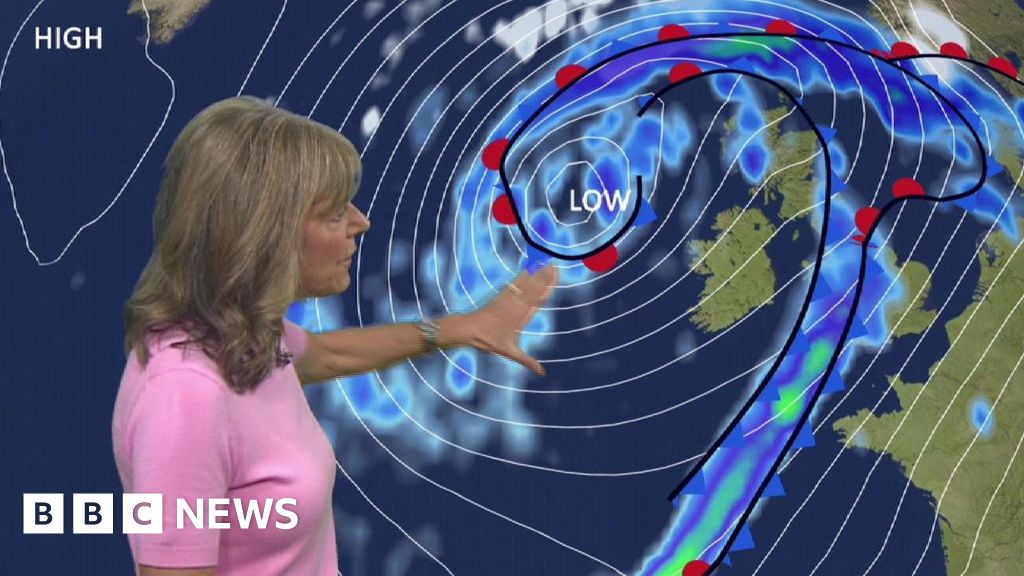The Transmission Company of Nigeria (TCN) says it has fully restored the collapsed national electricity grid.
The TCN General Manager, Public Affairs, Ndidi Mbah, disclosed this in a statement Saturday afternoon.
Earlier on Saturday, Nigeria’s electricity grid collapsed again, throwing several cities into darkness.
Electricity companies announced that the grid collapsed around 08:15 a.m. on Saturday. The latest collapse is coming days after the grid collapsed on Tuesday.
TCN, in its statement, said the national grid experienced a temporary disturbance at about 8:15 a.m., on Saturday.
“According to the report from the NCC, the bus section of a current transformer exploded at 330kV Jebba Transmission Substation and as expected, the protection system was activated, and this promptly opened the busbars to curtail the explosion, thereby preventing outbreak of fire and further damage to adjacent equipment.
“The action of the protection system led to a temporary disturbance on the grid.
Nigerians need credible journalism. Help us report it.
Support journalism driven by facts, created by Nigerians for Nigerians. Our thorough, researched reporting relies on the support of readers like you.
Help us maintain free and accessible news for all with a small donation.
Every contribution guarantees that we can keep delivering important stories —no paywalls, just quality journalism.
“Our engineers at Jebba have successfully carried out switchings, isolating the faulty current transformer. They have equally reconfigured the busbar arrangement, restoring power supply to the station, and other parts of the grid,” Ms Mbah said.
On Tuesday, the presidential candidate of the Labour Party (LP) in the last election, Peter Obi, described Nigeria’s electricity grid collapse as “a national shame.”
Mr Obi described the incident as the failure of leadership and policy implementation.
In recent years, the power sector has experienced many challenges in areas of electricity policy enforcement, regulatory uncertainty, gas supply, transmission system constraints, and significant power sector planning shortfalls.
READ ALSO: High Tariff: Nigerian ministers, others to speak on electricity crisis in Nigerian schools
In November 2013, the federal government privatised all power generation and 11 distribution companies, with the government retaining the ownership of the transmission company. This was to improve efficiency in the sector.
However, since the privatisation, the grid has continued to collapse amid efforts to reposition the power sector.
Support PREMIUM TIMES' journalism of integrity and credibility
At Premium Times, we firmly believe in the importance of high-quality journalism. Recognizing that not everyone can afford costly news subscriptions, we are dedicated to delivering meticulously researched, fact-checked news that remains freely accessible to all.
Whether you turn to Premium Times for daily updates, in-depth investigations into pressing national issues, or entertaining trending stories, we value your readership.
It’s essential to acknowledge that news production incurs expenses, and we take pride in never placing our stories behind a prohibitive paywall.
Would you consider supporting us with a modest contribution on a monthly basis to help maintain our commitment to free, accessible news?
TEXT AD: Call Willie - +2348098788999

















 English (US) ·
English (US) ·